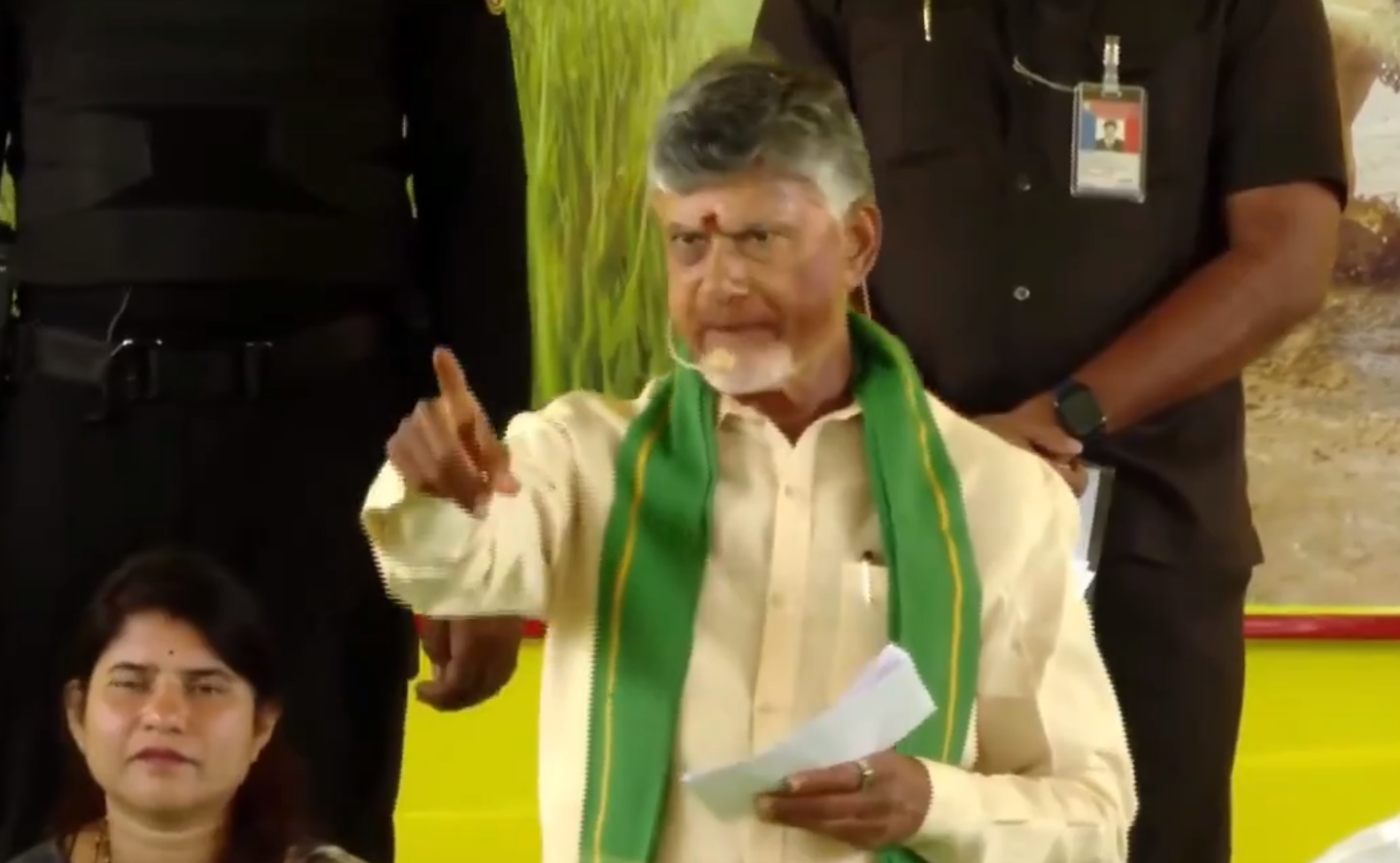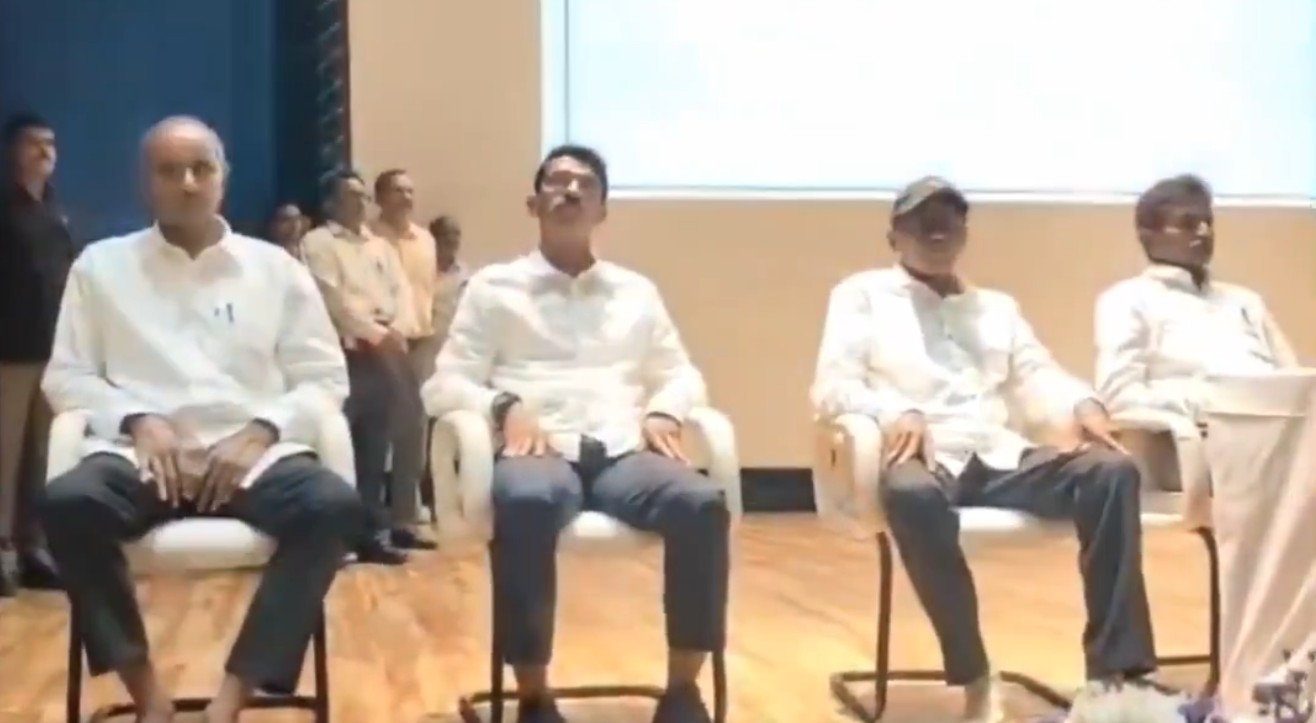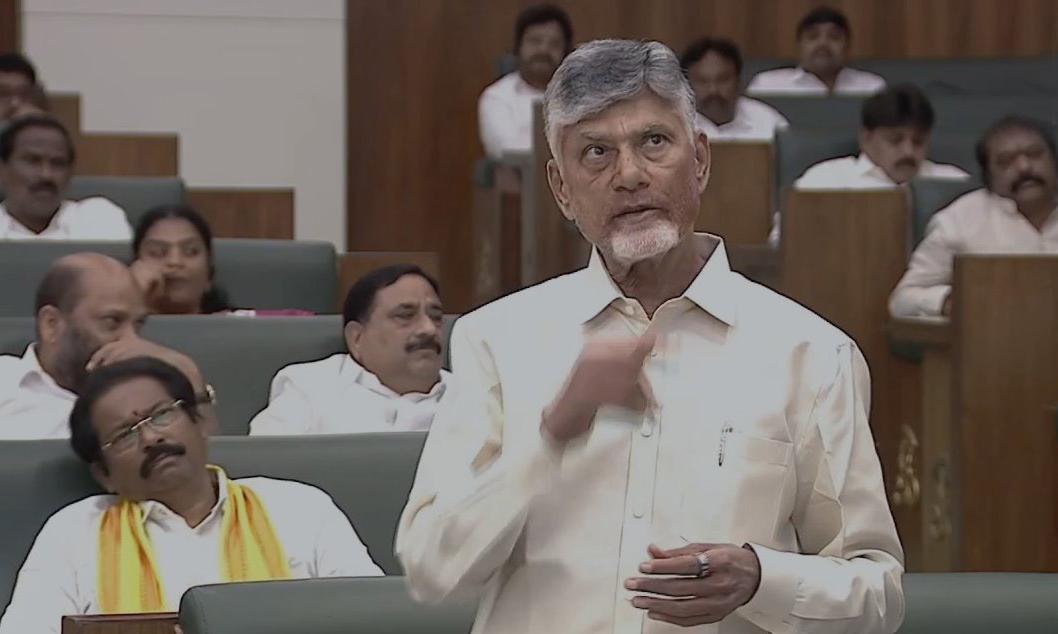Andhra Pradesh Chief Minister N. Chandrababu Naidu on Thursday welcomed the Supreme Court order that the states are empowered to make sub-classifications of Scheduled Castes and Scheduled Tribes for granting quotas within the reserved category to uplift more underprivileged castes.
In his address at a programme in Kurnool district, he said that his Telugu Desam Party (TDP) believes that justice should be done to every section of society.
Naidu, who as the then Chief Minister of united Andhra Pradesh had introduced SC categorisation in 1997, said social justice should prevail.
“Justice to all sections is the slogan of TDP,” he said.
He recalled that the TDP government headed by him in united Andhra Pradesh had divided SCs into ABCD categories for reservation.
“Justice should be done to every section. The TDP followed this even in allotting tickets for elections,” he said, adding that the TDP was the first party in the country to introduce SC classification after constituting Justice Ramachandra Raju Commission.
Human Resource Development Minister Nara Lokesh also welcomed the Supreme Court verdict on the SC categorisation issue. Lokesh said Naidu had implemented social justice 30 years ago and the implementation of categorisation through the Presidential Ordinance created job opportunities for many people.
“We are committed to the categorisation promise made in the election. Economic and political development of all social classes is the agenda of TDP,” he said.
The TDP said SC categorisation was introduced in 1997 with the sole aim that the fruits of Independence should be extended to everyone as per the population ratio and to alleviate poverty. With the assent of the then President K. R. Narayanan, A, B, C, and D categorisation came into effect, ensuring reservation quotas to various castes as per their population ratio and backwardness.
Though the High Court had dismissed it, the categorisation was re-introduced in 2000.
“22,000 youth from Madugas and other sub-castes got jobs between 2000 and 2004 following the implementation of categorization. Had this been continued, equal justice would have been available,” the TDP said in a statement.
The Supreme Court delivered a judgment on November 5, 2004, that only Parliament has the right to decide on categorisation. Following this judgment, the Centre constituted the Usha Mehra Commission, which submitted its report in May 2008. “The report made it clear that Madiga sub-castes did not get due justice in the reservations being implemented now but when the categorisation was in force during 2000-2004 satisfactory results were yielded,” it said.
The TDP wrote a letter to the Prime Minister on October 10, 2012, with an appeal to introduce a bill in Parliament on SC categorisation to amend the Constitution.










